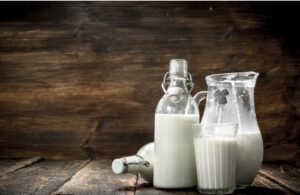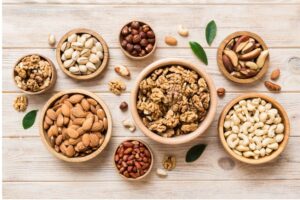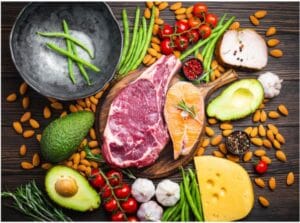Why Don’t Some People Lose Weight When Banting?
There’s no doubt about it—Banters tend to lose weight more successfully and sustainably than anyone on any other diet. But hey, we’re not going to pretend everyone has the same experience. Some people do struggle to see the scale budge, and there are a few reasons why this might happen. The biggest culprit? Sneaky hidden carbs! Just like a stowaway on a ship, these stealthy carbs can sneak into your diet without you even realizing it, messing with your weight loss goals.
If you find that you’re not losing weight as expected, don’t stress or get too obsessive. There are a few common mistakes that might be holding you back. Let’s dive into some things you can eliminate to keep your Banting journey on track:
Eating hidden carbs
Carbs love to sneak into the most unexpected places! Think sausages loaded with rusk, soy, wheat, and sugar. Processed foods are another common culprit, which is why sticking to real, whole foods is crucial. Even biltong isn’t always safe—it can be packed with sugar, soy powder, and corn flour. Always know what you’re eating! If your butcher can’t give you a straight answer about what’s in their sausages beyond meat and fat, it might be time to find a new one.
f you’re struggling with weight loss, consider cutting out dairy for a while. You might just see those results kick in faster than you expected!
Overdoing the dairy

Dairy products appear to be fine for people who have very little (such as a cup of tea daily with a splash of milk, or a piece of cheese twice a week), but the sad truth is that dairy is delicious and it is easy to eat too much. Yogurt for breakfast, cheese for lunch, numerous cappuccinos throughout the day (with cream!), tea with milk, latte’s, smoothies and low carb cakes and desserts. Dairy has a fair amount of lactose present, and it appears to spike insulin disproportionately even for the amount of lactose present. What this means is that you will not burn fat if you have even a reasonable amount of dairy. If you’re struggling, drop the dairy for a while. You might just find the results you were looking for start to happen immediately.
Overeating nuts

Nuts are a tasty treat and can be part of a healthy diet, but overeating them can slow down weight loss or even lead to weight gain. They’re delicious, and we get it! To avoid overindulging, portion out your nuts right from the start. That way, you know exactly how much you’re eating each time, leaving no room for excuses if you overeat.
Trying to go low fat and low carb
Trying to combine low-carb and low-fat diets just doesn’t work. When you cut carbs, your body needs fat for fuel, or you’ll end up constantly hungry, overeating, or reaching for carbs to fill the gap. Your body can only burn either carbs or fat, so when you restrict carbs, it must rely on fat. If you consume both, the carbs will likely be stored as fat.
Eating fruit
Despite popular belief, fruit is not essential for survival. In fact, it’s just another way to load up on carbs. Fruit is high in sugar, which causes your insulin levels to spike, leading your body to store that sugar as fat.
Eating too often and eating too much
When you’re Banting, the goal isn’t to eat as much as possible from the green list. Most of us eat more than we need, so it’s crucial to learn to eat only what your body requires—no more. Resist the urge to stock up like you’re preparing for the next Ice Age! Over time, you’ll find you need less food to feel satisfied, possibly just one or two meals a day. Remember: eat to satisfy hunger, not out of routine.
Not eating enough fat or protein

Cutting back too much on fat or protein will leave you feeling hungry, and the cycle of overeating starts all over again. Both fat and protein take longer for your body to process, keeping you full for longer, whereas carbs cause quick spikes and drops in energy.
Eating ‘Red Foods’
Foods on the red list might not always be high in carbs, but they can contain other elements that inhibit weight loss. Avoid all red-listed items to stay on track. For example, soy is not only low in carbs but also unhealthy and can lead to weight gain. Plus, it causes hormonal changes in men, like increased estrogen and reduced testosterone, which is definitely not ideal


